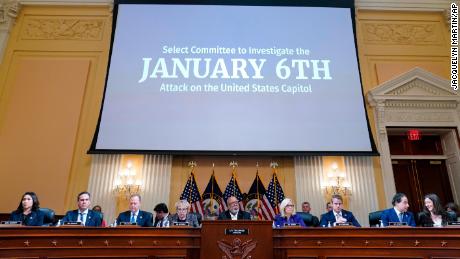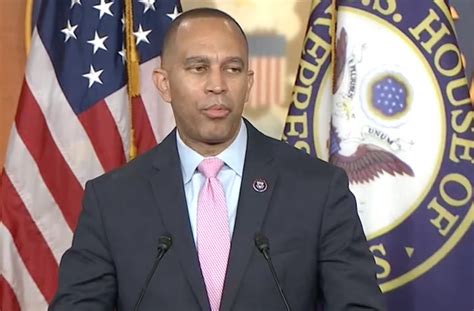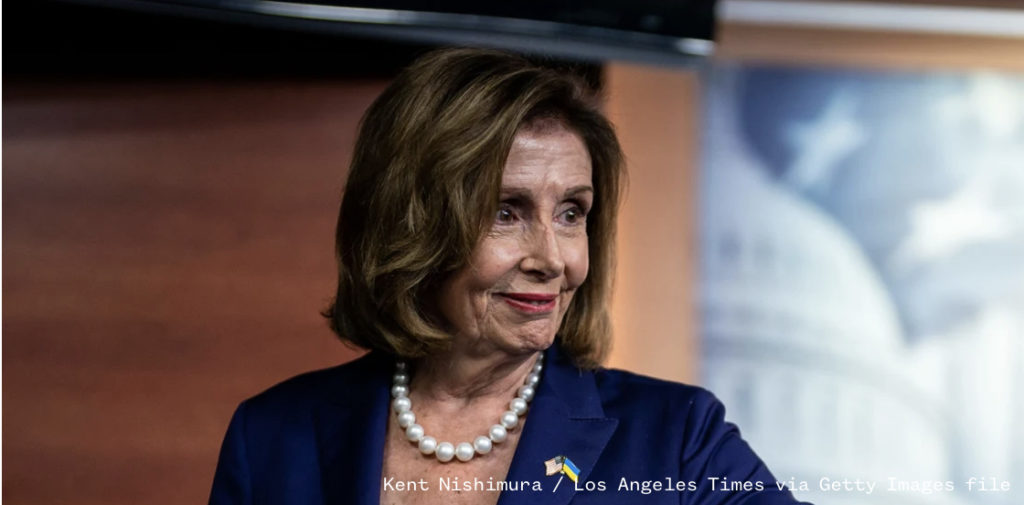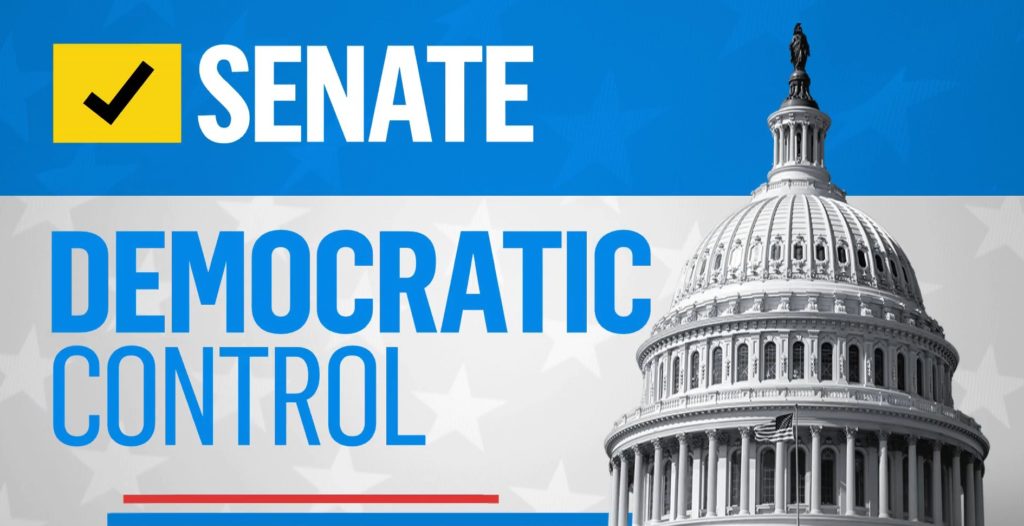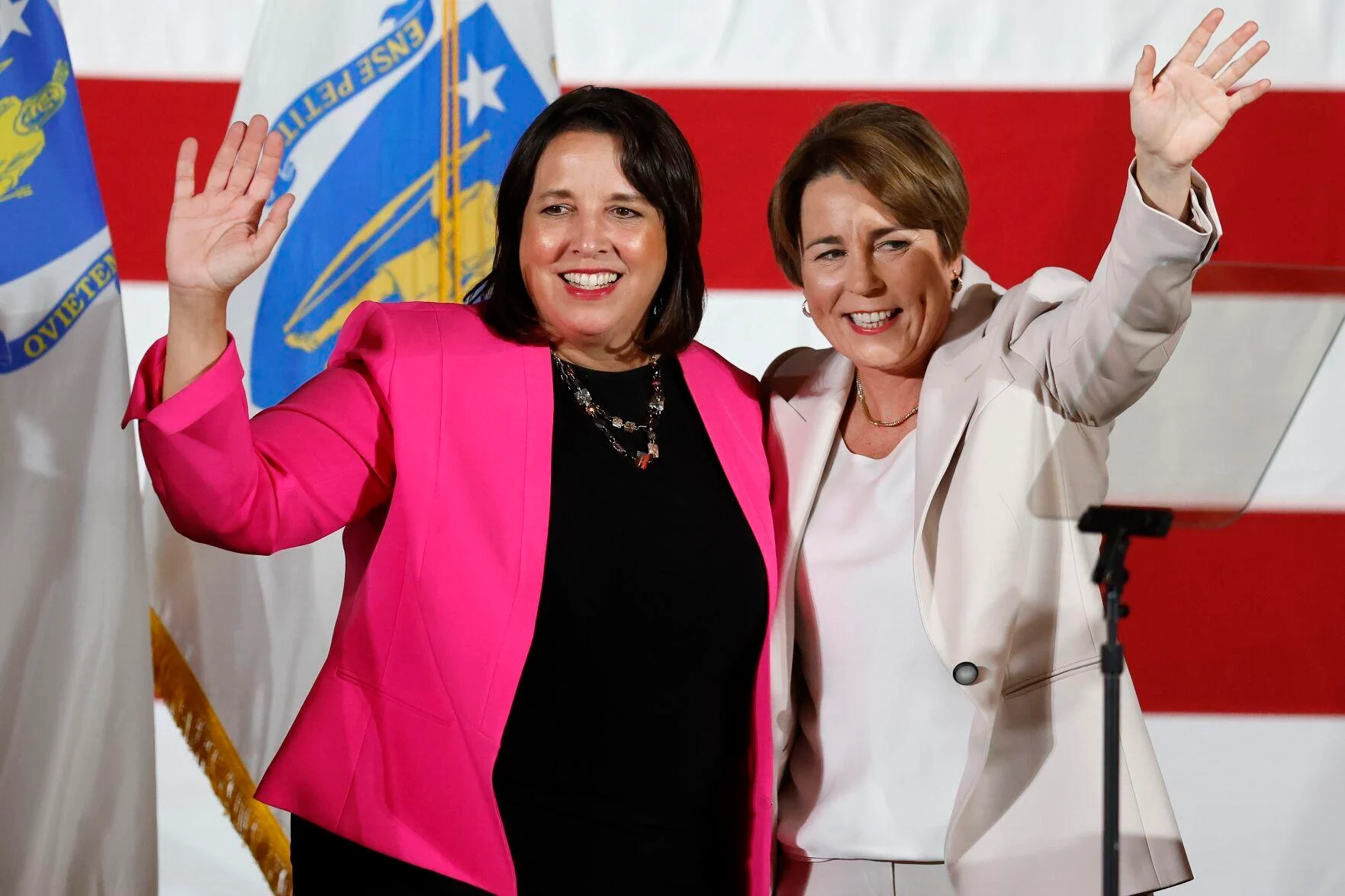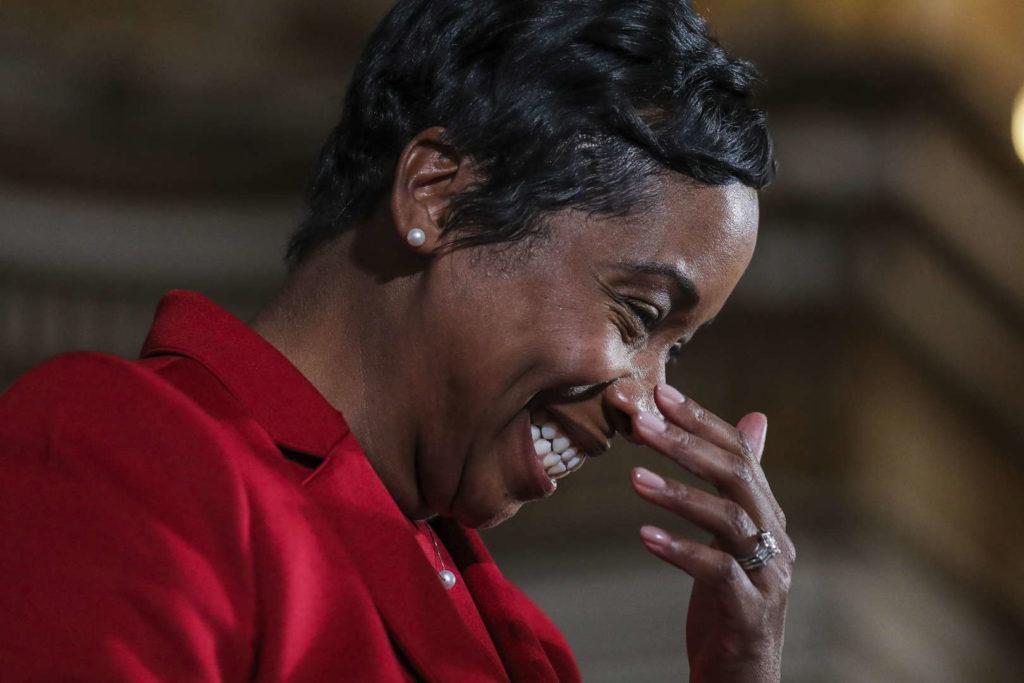Jan 6 Committee refers Trump & allies to DOJ for criminal prosecution
Following months of debate, the Jan. 6 committee has made four criminal referrals to the Justice Department related to Donald Trump and his team
The January 6 committee used its final public meeting Monday to summarize its 17-month investigation with a simple closing statement: All roads lead to Donald Trump.
Members focused on how the former president’s direct involvement in efforts to overturn the 2020 election makes him responsible for the violence that unfolded at the US Capitol on January 6, 2021, and unfit to hold future office.
The committee laid out the case for both the public and the Justice Department that there’s evidence to pursue criminal charges against Trump on multiple criminal statutes, including:
- obstructing an official proceeding
- defrauding the United States
- making false statements
- assisting or aiding an insurrection.
The committee released an executive summary of its report on Monday, and it plans to release the full report on Wednesday, as well as transcripts of committee interviews.
Here are takeaways from the committee’s final public meeting:
- Committee refers Trump to DOJ
For months, the committee went back-and-forth over whether it would refer Trump to the Justice Department for criminal prosecution.
On Monday, the committee didn’t equivocate.
The committee referred Trump to DOJ on at least four criminal charges, while saying in its executive summary it had evidence of possible charges of conspiring to injure or impede an officer and seditious conspiracy.
In practice, the referral is effectively a symbolic measure. It does not require the Justice Department to act, and regardless, Attorney General Merrick Garland has already appointed a special counsel, Jack Smith, to take on two probes related to Trump, including the January 6 investigation.
But the formal criminal referrals and the unveiling of its report this week underscore how much the January 6 committee dug up and revealed Trump’s efforts to overturn the 2020 election in the lead-up to January 6. Now the ball is in the Justice Department’s court.
Committee Chairman Bennie Thompson, a Mississippi Democrat, said that he has “every confidence that the work of this committee will help provide a road map to justice, and that the agencies and institutions responsible for ensuring justice under the law will use the information we’ve provided to aid in their work.”
2. All roads lead to Trump
Committee members repeatedly pointed to Trump’s personal involvement in nearly every part of the broader plot to overturn the 2020 election and focused squarely on his role in the violence that unfolded on January 6.
Monday’s presentation was a compelling closing salvo for the committee, which said Trump sought to break “the foundation of American democracy.”
“Donald Trump broke that faith. He lost the 2020 election and knew it. But he chose to try to stay in office through a multi-part scheme to overturn the results and block the transfer of power,” Thompson said. “In the end, he summoned a mob to Washington, and knowing they were armed and angry, pointed them at the Capitol and told them to ‘fight like hell.’ There’s no doubt about this.”
Specifically, the panel said Trump “oversaw” the legally dubious effort to put forward fake slates of electors in seven states he lost, arguing that the evidence shows he actively worked to “transmit false Electoral College ballots to Congress and the National Archives” despite concerns among his lawyers that doing so could be unlawful.
Members stressed that Trump knew the election was not stolen but continued to push baseless claims about widespread voter fraud in an effort to upend Joe Biden’s legitimate victory.
3. A Team Effort
As today’s proceedings made clear, the bulk of the focus was on the former president and what Democratic Rep. Jamie Raskin described as the “more than sufficient evidence” to refer the matter to federal prosecutors. But the committee also made clear that, as far as congressional investigators are concerned, Trump isn’t the only one who broke the law.
There were, for example, multiple references to attorney John Eastman. An executive summary of the Jan. 6 committee’s report also added, “Kenneth Chesebro was a central player in the scheme to submit fake electors to the Congress and the National Archives,” though Chesebro’s name did not come up during today’s presentation on Capitol Hill.
Similarly, the summary points to former White House chief of staff Mark Meadows and Rudy Giuliani as also allegedly having conspired to defraud the United States.
4. A bipartisan, if one-sided, endeavor
Rep. Andy Biggs of Arizona – one of the four subpoenaed GOP lawmakers that the panel referred to the House Ethics Committee on Monday – tweeted before the hearing that the committee was a “partisan sham.” Rep. Troy Nehls, a Texas Republican who boycotted the committee, called it a “partisan witch hunt.”
But the panel is, in fact, bipartisan.
It’s important to remember how this all started. While there was partisan squabbling over which Republicans would be allowed to serve on the panel, House Democrats were willing to give committee slots to GOP lawmakers who had literally voted to overturn the 2020 results. Instead, Republicans boycotted.
But two Republicans volunteered to join the panel: Rep. Liz Cheney of Wyoming, who was the No. 3 House Republican at the time, and Adam Kinzinger of Illinois, a six-term lawmaker who was a rising star in the party. They both brought GOP staff members along with them who worked for the committee.
To be sure, Cheney and Kinzinger are outliers in their conference because they are anti-Trump. And that is the core of Trump’s critiques of the committee – that it is stacked with Trump haters. Still, even if they oppose Trump, Cheney and Kinzinger are still deeply conservative Republicans. Neither is returning to Congress next year – Kinzinger is retiring and Cheney lost her primary this summer.
During Monday’s hearing, Kinzinger described how his House GOP colleagues were complicit in Trump’s efforts to overturn the election. He highlighted evidence that Trump wanted top Justice Department officials to “put the facade of legitimacy” on his voter fraud claims so “Republican congressmen … can distort and destroy and create doubt” about the 2020 election results.
No matter what Trump and his allies say, Democrats will forever be able to accurately assert that the panel’s findings, conclusions, its final report and its criminal referrals are bipartisan.
5. What’s next
he end is near, for the committee at least.
Thompson said the committee’s full report will come out later this week. This will be a historical document that will be studied for generations. Never before has a sitting president tried to steal a second term.
Additional “transcripts and documents” will be released before the end of the year, Thompson said.
The sheer volume of this material can’t be overstated. The panel interviewed more than 1,000 witnesses, likely generating tens of thousands of pages of transcripts. Many of these interviews were filmed, which means the panel has hundreds of hours of footage that it might release very soon.
These upcoming releases will provide fodder to Trump’s critics. But it will also grant a key demand from some of Trump’s allies – that the panel disclose the full context of its interviews. (Up until this point, the panel has been very selective about which snippets of witness interviews got played at public hearings.)
The current Congress ends on January 3, 2023, and that’s when the committee will cease to exist. But the Justice Department investigation, overseen by special counsel Smith, continues.
Of the committee’s nine members, four won’t be returning to Congress. Besides Cheney and Kinzinger, Democratic Rep. Stephanie Murphy of Florida is retiring, while Rep. Elaine Luria of Virginia was one of the handful of House Democratic incumbents who lost their seats in the 2022 midterms last month.
6. No congressional committee has ever formally recommended federal criminal charges against a former American president. That’s precisely what happened this afternoon
excepts from CNN and MSNBC 12/19/202
Jan 6 Committee refers Trump & allies to DOJ for criminal prosecution Read More »

